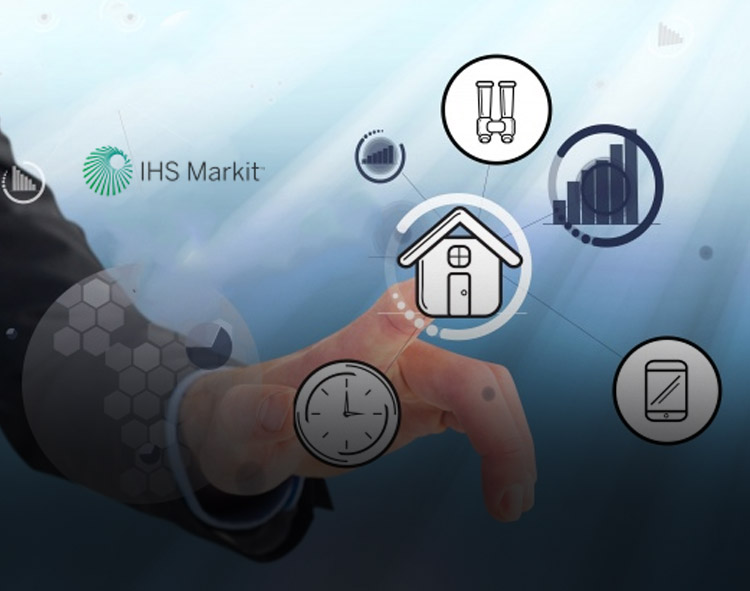Goldman Sachs chairman and CEO David Solomon talks about the swiftness of economic relief by the world’s governments being “laudable”; why restoring balance to energy markets will take time and how the repercussions of pandemic will make capitalism “more inclusive” in the latest edition of the CERAWeek Conversations series.
Read More: TerraPay Announces Readiness for the New World by Strengthening Management
“People are resilient, society is resilient. It’s one of the reasons to be very optimistic when we do get to a place that we can make people secure that they’re safe and they’re healthy. It’s a reason to be very optimistic as to what follows. ”
In a conversation with Lance Uggla, chairman and CEO, IHS Markit, Solomon talks about how COVID-19 has impacted his perspectives on leadership, what gives him optimism for the future, how Goldman Sachs is partnering with small businesses to support local economies and more.
The complete video is available at: www.ceraweek.com/conversations
Selected excerpts:
(Edited slightly for brevity only)
- Comparing the current financial crisis to 2008 and governments’ responses:
“Central banks and governments around the world have responded very quickly to try to dampen the economic impact of the crisis—and I think successfully, and I think laudably, especially with respect to the speed that they’ve responded.
“There are significant parts of the playbook of response that’s similar to the financial crisis. There are some differences, too. One of the biggest differences is it’s happening very quickly. I think one of the reasons why it can happen more quickly, and I’ll say in the United States, just for starters, is that in the 2008 financial crisis financial institutions were at the center of it. There were issues around lending and bad practices that played a role in exacerbating that. I think the way it’s sometimes portrayed doesn’t fully take in the complexity of the scope of what happened, broadly. But here you have a situation where it’s affecting everyone in a very even-handed way—and it’s hard. So, there’s not the political blockage to getting that monetary and fiscal stimulus moving.
Read More: M Financial Group Licenses FAST Software to Enable New Digital Ecosystem for Member Firms
“Governments have been very, very quick and swift to get monetary and fiscal stimulus going and that’s helped significantly in calming markets, opening markets, and allowing markets to function very smoothly. There’s a real benefit to that.
“As we go forward, we’re going to start to get into the debate, which I think is appropriate. Governments can’t underwrite all the economic pain that’s caused by the decrease in output. So, we’ve got to find the right balance as we move forward between protecting people and keeping people healthy—being compassionate. But also, being pragmatic about the fact that we need economic activity to also keep people healthy. Now that we’re through the first stage of this, I think policymakers are going to have very, very difficult decisions as they try to strike that balance.
Read More: Strider Announces John Mullen, Former Assistant Director of CIA, Joins Company as Advisor
